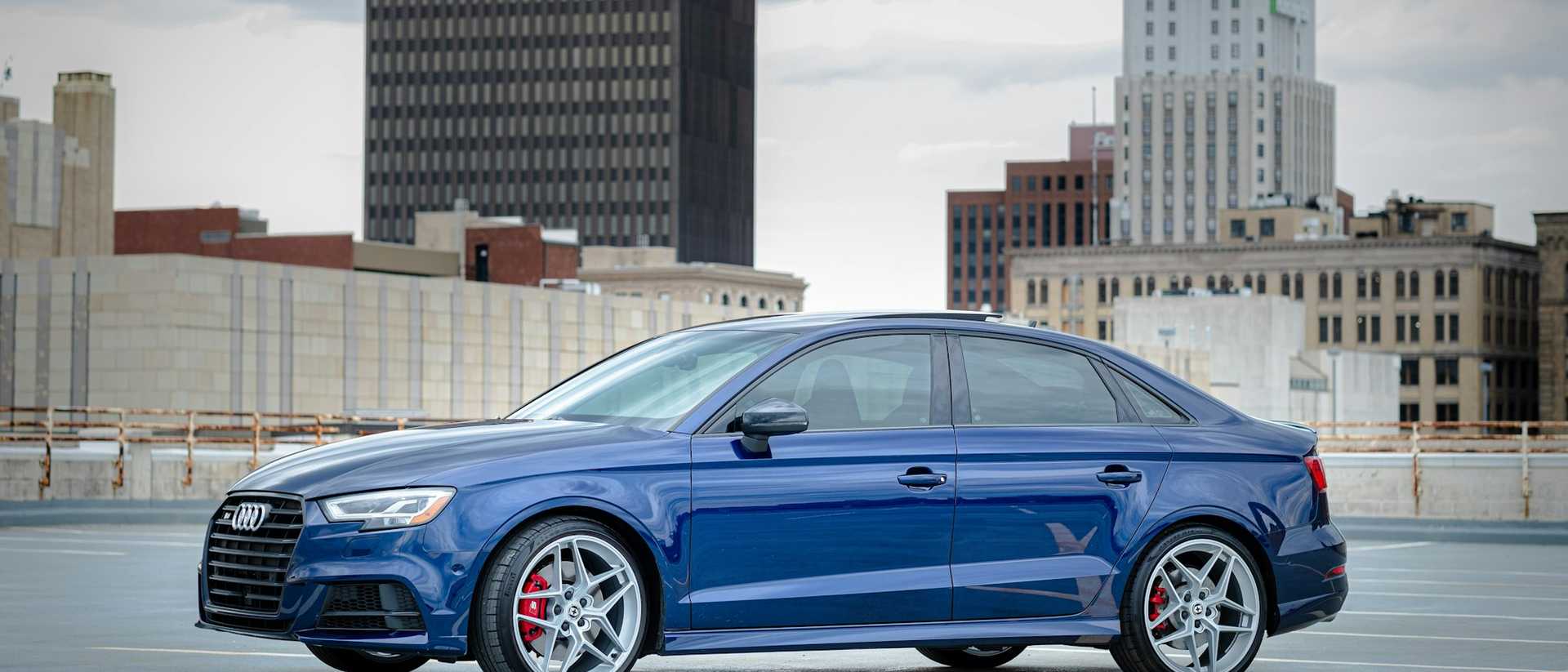How To Finance A Car: A Guide To Vehicle Loans

So you’ve got your eye on a new car but you’re not sure how to finance it? Or what car finance actually is? We’ll break down exactly what a car loan involves as well as the main vehicle loans that are available to you.
What is a vehicle loan?
There are a number of components that make up a vehicle loan, but essentially it involves borrowing a certain amount of money from a lender to purchase a car. You’ll then make regular repayments plus interest and some fees to pay back the loan over a set period of time, normally between one and seven years.
Interest rates
The interest rate of a car loan should be one of your main considerations when comparing loan options. Every car loan product will require you to pay interest on the loan, so ideally you want to get as low an interest rate as you can. The interest rate is expressed as a per annum figure, and will get calculated regularly on your outstanding loan balance.
When comparing loans, we recommend looking at the comparison rate of each loan option, rather than the annual percentage rate (APR). The comparison rate will include virtually all of the fees and charges associated with that loan (excluding things like stamp duty), so it’s the most accurate representation of what you’ll end up paying. Be wary of relying too heavily on the lender quoted APR, as this won’t include any fees or charges, so it can be quite a misleading figure and make it difficult to assess the true cost of the car loan.
All of the car loans that Driva facilitates are fixed rate loan products. This means that the amount you pay each month won’t change at all over the duration of the loan, making it easier to budget. This does mean that the only way you can access a lower interest rate down the road is by refinancing your loan (and Driva can help with this too!).
Loan period
Car loans are generally taken out for a period of between one and seven years. Keep in mind that the longer your loan term, the shorter your monthly repayments will be (but the more you’ll end up paying overall in interest!).
Fees and charges
Every lender charges fees on their loan products, so the important thing is to make sure you’re across these fees before agreeing to any loan. These fees might include an entry fee, early exit fee or early repayment charge.
The lender
With so many lenders on the market, it can be pretty difficult trying to find the best loan option for you. Driva works with a panel of more than 30 lenders to give you as many options as possible, and the confidence that you’re getting the best deal on the market.
Balloon payments
Some lenders offer the option for a loan with a balloon payment. This is essentially an agreed-upon lump sum of money that is to be made to the lender at the conclusion of the loan term. This has the effect of reducing your monthly repayment amounts, which can be a big incentive for many people! However, it also requires you to carefully budget throughout the duration of your loan in order to ensure that you can meet your balloon payment.
Learn more: How Much To Spend On A Car - A Complete Guide
Vehicle loan options
Secured car loan
The main feature of a secured car loan is that your car is used as collateral for the loan. This means that in the event you’re not able to meet your repayments, the lender has the ability to reclaim the car in order to recover their funds. The main benefit of a secured loan is that by giving your lender this security, you’ll be able to access a lower interest rate. Secured car loans are best suited to new cars.
Learn more: Is It Worth Getting a Car Loan?
Unsecured car loan
With an unsecured car loan, you won’t need to use your car or any other asset as collateral against the loan. Because your lender won’t have that same amount of security, you’ll probably find that your interest rate will be higher. However, your lender also won’t be able to immediately repossess your car if you can’t meet your payments (although you could face legal action, which would be a much messier situation!). This type of loan is most suitable for older and used cars.
Learn more: Secured vs Unsecured Car Loan - A Complete Overview
Personal loan
A personal loan works in a similar way to an unsecured car loan, but you’re not restricted by what you can spend your money on. While with an unsecured car loan you’ll need to spend your loaned money solely on the car you’re buying, a personal loan doesn’t come with those same restrictions. If you’re taking out a personal loan that is more than the amount your car is worth, you might be looking to spend the extra money on things like registration, insurance or petrol.
Commercial car loans
Finally, if you’re looking to purchase a car for business purposes, you might want to consider your commercial car loan options. Whether you’re a new small business or an established company, a business car can give you more freedom and flexibility, and the ability to grow your business. Some of our most popular commercial loan products are hire purchases, chattel mortgages, finance leases and novated leases.
Learn more: Buying A Vehicle For Your Small Business - 3 Important Things To Consider
Vehicle finance tips
No matter what type of loan you end up getting, we’ve got a few tips to help you get the most out of your loan.
Review your credit score
For many lenders, your credit score is one of the key factors that will be considered when pricing your loan. Generally, the better your credit score, the more favourable loan conditions and lower interest rates you’ll be able to access. Your credit score can also have an impact on the types of car loans you’re eligible for. If you don’t have a great credit score though, you can work on improving it by paying off your existing debts and making your repayments on time and in full.
Keep the loan term short (if you can afford it)
The longer your loan term is, the more interest you’ll end up paying overall (even if your monthly repayments are relatively low). For this reason, if you can afford to pay a slightly higher amount in your monthly repayments, you’ll end up saving money overall. However, make sure that this is a financially viable option, as it’s important to meet your repayments on time and in full every month in order to protect your credit score and retain your car.
Shop around
With so many lenders on the market, it can be pretty daunting when you first start shopping for a new car loan. It’s important to do your research to make sure you’re getting a competitive rate and a loan with favourable conditions. At Driva, we take the hard work out of shopping around, by assessing your profile against more than 30 lenders to find the best interest rates that you’re eligible for. To get started, you just need to tell us a bit about yourself and the car you’re looking to buy, and we’ll give you your personalised quotes in less than one minute.
Put down a deposit
If you can afford it, it’s a good idea to put down a deposit on your car loan. This will decrease the amount you have to pay back with interest, as well as helping you avoid owing more than what the car is worth due to depreciation. For many drivers, a deposit of around 20% can be a good place to start. So if you were buying a car for $20,000, you could put down a 20% deposit of $4,000.
Summing up
So there you have it, our ultimate guide to vehicle loans and financing a car. It’s important to consider the advantages and drawbacks to each type of car loan in order to make an informed and financially sound decision.
Once you’ve decided on your ideal lender, we’ll make sure that you’re likely to be approved before submitting your application. This prevents disappointment, protects your credit score and speeds up the car loan process. After your application has been submitted to the lender, approval normally takes between 2 hours and 2 days.
As soon as you’ve found your dream car, and given us your vehicle details and proof of insurance details, we’ll release funds & you’ll be ready to drive away in your new car!
If you’ve got any questions about the car loan process or which type of loan might suit you best, feel free to get in touch with our friendly car finance team on 1300 755 494 or email us at hello@driva.com.au.


.png)







